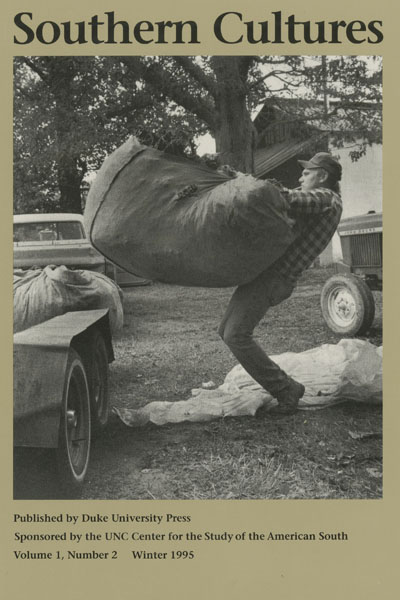Oxford University Press, 1993.
Between 1865 and 1876 at least 1,465 Black men held public office in the former Confederate states. They were a varied lot. Some such as U.S. Congressmen Blanche K. Bruce were well educated, articulate, wealthy, and politically well connected. Bruce and others like him are well known to American historians. Others are not. Take, for example, Abram Dukes, a native of South Carolina who served in the Georgia House of Representatives in 1871. It is known that he was a laborer, could not read or write, and had dark skin—and received a “warning” from the Ku Klux Klan meant to terrify him. Most Black officeholders fell somewhere between these two extremes. They possessed a modest education and property valued at a few hundred dollars, and many lived on the salaries they received from their political positions. These were neither the rapacious, corrupt opportunists portrayed as late as 1947 in a decidedly racist historiography—Merton Coulter being the chief offender—nor the self-less heroes idealized in biographical dictionaries such as Men of Mark. According to Foner they were ordinary men who tried to make a livelihood for themselves, and at the same time pursued the interests of their families, friends, and neighbors, just as did other officeholders of the time.


